
Determining the optimal PVC lubricant dosage is crucial for achieving superior product quality and manufacturing efficiency in polyvinyl chloride processing. The precise balance of lubricants directly impacts melt flow properties, surface finish, the...
VIEW MORE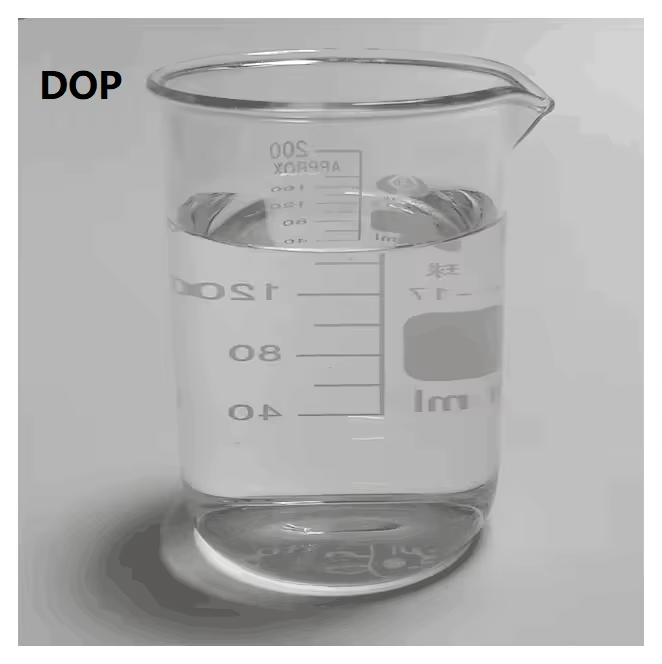
Understanding the relationship between plasticizers and polyvinyl chloride (PVC) gelation is crucial for manufacturers seeking optimal processing conditions and end-product quality. The impact of plasticizer on PVC gelation fundamentally alters the t...
VIEW MORE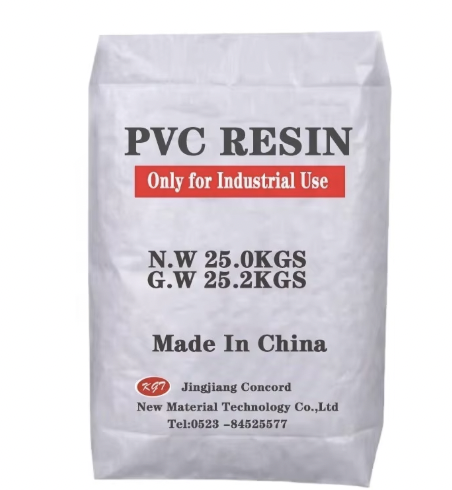
The K-Value in PVC Resin represents one of the most critical parameters that determines the quality, processing characteristics, and end-use applications of polyvinyl chloride materials. This fundamental measurement serves as a primary indicator of m...
VIEW MORE
Understanding Modern Polymer Toughening Technologies In the evolving world of polymer science and materials engineering, toughening agents play a crucial role in enhancing the mechanical properties of plastics and composites. Core-shell and elastomer...
VIEW MORE
Understanding Modern Flame Retardant Solutions in Thermoplastic Materials The growing demand for safer plastic materials has placed flame retardants for thermoplastics at the forefront of materials science innovation. These essential additives play a...
VIEW MORE
Enhancing Plastic Production Through Advanced Demolding Solutions The plastic injection molding industry continuously seeks ways to optimize production efficiency and product quality. Among the most crucial aspects of this process is the demolding ph...
VIEW MORE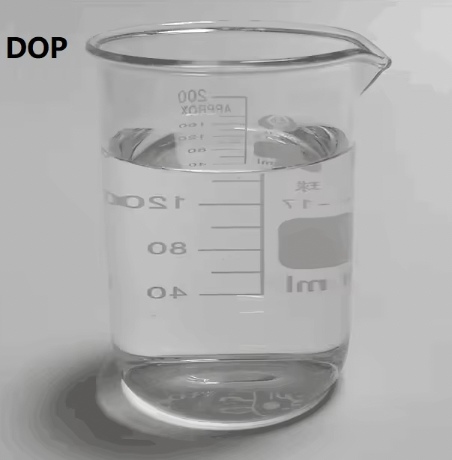
Understanding the Impact of Plasticizer Migration on Product Quality Plasticizer migration represents a significant challenge in the manufacturing industry, affecting product quality, durability, and safety across various sectors. This phenomenon occ...
VIEW MORE
Understanding the Fundamental Role of Plasticizers in PVC Processing The process of PVC gelation represents a crucial aspect of polymer processing that fundamentally transforms polyvinyl chloride from its raw state into useful products. At the heart ...
VIEW MORE
Understanding the Dual Functionality of Stearates in Industrial Applications The versatility of stearates in modern manufacturing and industrial processes has made them invaluable components across various sectors. These remarkable compounds possess ...
VIEW MORE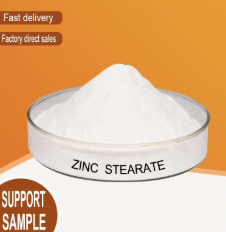
Understanding the Essential Role of Stearates in PVC Processing In the world of polymer processing, stearates in PVC compounding play a crucial role in determining the quality, efficiency, and performance of the final product. These versatile additiv...
VIEW MORE
Understanding PVC Resin Properties and Selection Criteria Selecting the appropriate PVC resin grade is crucial for ensuring optimal product performance and manufacturing efficiency. The diverse range of PVC resin grades available today offers varying...
VIEW MORE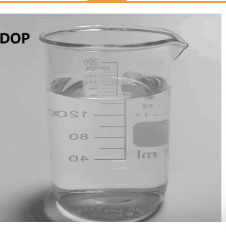
Understanding the Impact of Plasticizers on PVC Performance Plasticizers play a crucial role in transforming rigid polyvinyl chloride (PVC) into flexible, versatile materials used across numerous industries. These chemical additives fundamentally alt...
VIEW MORE